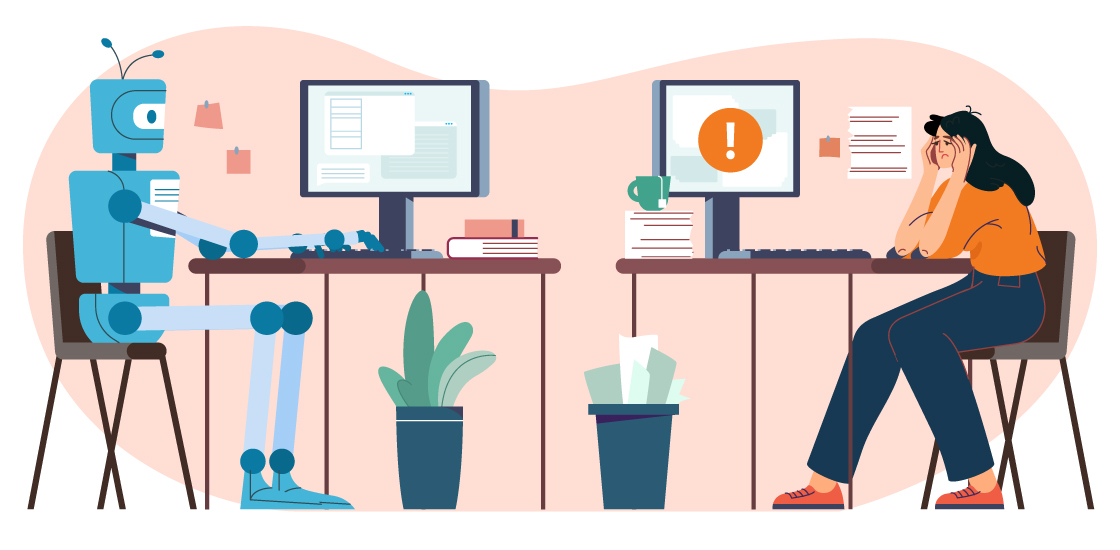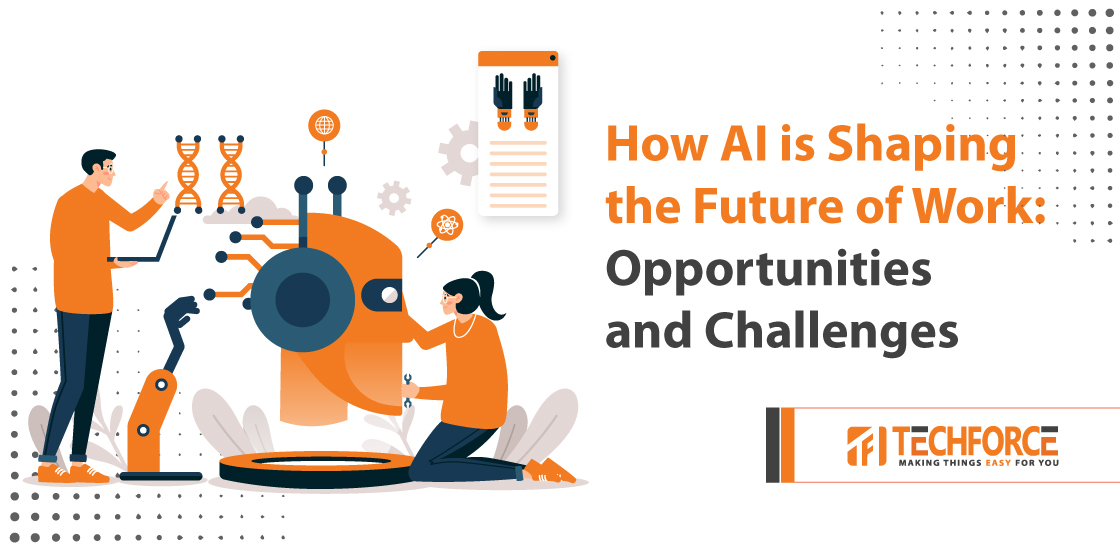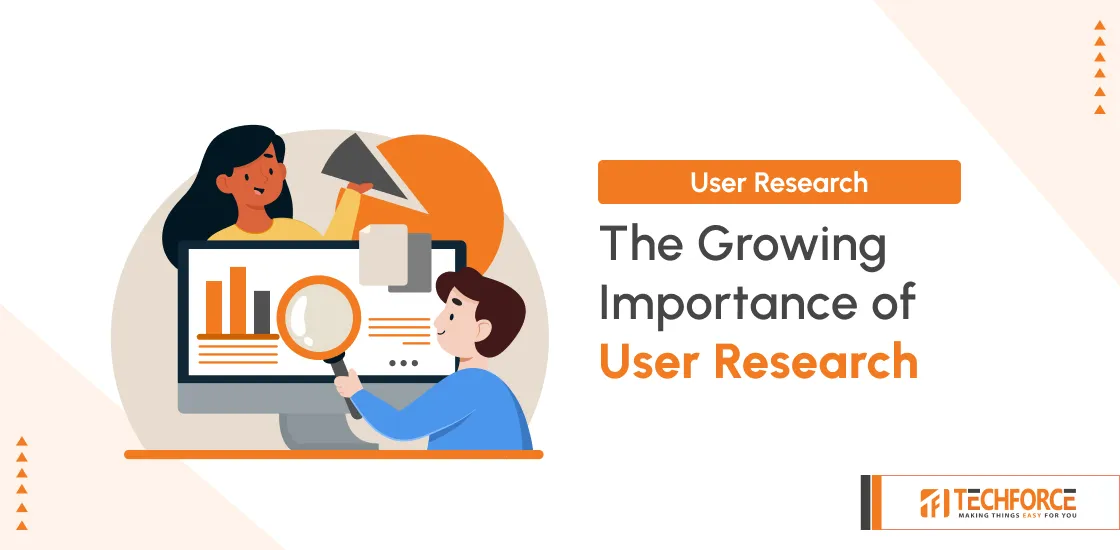How AI is Shaping the Future of Work: Opportunities and Challenges
Artificial Intelligence (AI) is transforming the job market, creating a landscape of opportunities and challenges for workers and employers alike. AI is increasingly being integrated into workplaces to automate routine tasks, improve efficiency, and enhance decision-making. While the benefits of AI are clear, it also presents challenges, including the potential for job displacement and the need for new skills and training. This article explores the rise of AI in the job market, examining the opportunities and challenges it presents and discussing how individuals, employers, and educational institutions can prepare for the future of work.
The Emergence of AI in the Job Market
As technology continues to advance, it is becoming increasingly apparent that artificial intelligence (AI) is changing the way we live and work. From virtual assistants like Siri and Alexa to self-driving cars, AI is impacting every aspect of our lives, including the job market. In this article, we will explore the opportunities and challenges that come with the rise of AI in the job market.
Defining AI and Its Role in the Job Market
AI refers to the development of computer systems that can perform tasks that would normally require human intelligence, such as visual perception, speech recognition, decision-making, and language translation. In the job market, AI is being used to automate tasks that were once performed by humans, such as data analysis, customer service, and even legal research. As AI continues to evolve, it will play an increasingly important role in shaping the job market and the skills required to succeed.
Benefits of AI in the Job Market
-
Increased Efficiency and Productivity
One of the biggest benefits of AI in the job market is its ability to increase efficiency and productivity. AI systems can perform tasks faster and more accurately than humans, enabling companies to complete projects in less time and with fewer errors. This can lead to increased profits and a competitive advantage in the market.
-
Improved Accuracy and Quality
Another benefit of AI in the job market is its ability to improve accuracy and quality. AI systems can analyze vast amounts of data and identify patterns and insights that humans might miss. This can lead to better decision-making and more effective problem-solving.
-
Cost Savings and Revenue Generation
AI can also help companies save money and generate revenue. By automating tasks that were once performed by humans, companies can reduce their labor costs and increase their profits. Additionally, AI can help companies identify new business opportunities and uncover innovative ways to generate revenue.
Challenges of AI in the Job Market
-
Impact on Employment and Job Displacement
One of the biggest challenges of AI in the job market is the potential impact on employment and job displacement. As AI systems become more sophisticated, they may be able to automate tasks that were previously performed by humans, which could lead to job losses in certain industries. This could have a significant impact on workers and their families, as well as the economy.
-
Privacy and Security Concerns
Another challenge of AI in the job market is privacy and security concerns. AI systems often rely on vast amounts of data to function, which could put sensitive information at risk. Additionally, AI systems can be vulnerable to hacking and cyberattacks, which could have serious consequences for both individuals and organizations.
-
Unintended Consequences and Bias
AI systems are also susceptible to unintended consequences and bias. For example, if an AI system is trained on data that is skewed or incomplete, it could lead to biased or inaccurate results. This could have serious consequences in areas such as hiring, lending, and criminal justice.
AI and the Future of Work
-
New Opportunities and Job Creation
Despite the challenges posed by AI in the job market, there are also opportunities for new jobs and job creation. As AI systems become more prevalent, there will be a need for workers who can develop, implement, and maintain these systems. Additionally, AI could lead to the creation of new industries and business models, which could create new jobs and economic opportunities.
-
Changing Skill Requirements and Job Functions
AI is also changing the skill requirements and job functions of many industries. As AI systems become more prevalent, workers will need to develop new skills and adapt to changing job requirements. This could include skills such as data analysis, programming, and machine learning.
-
The Need for Lifelong Learning and Adaptability
Finally, the rise of AI in the job market highlights the need for lifelong learning and adaptability. As technology continues to evolve, workers will need to continue learning new skills and adapting to new technologies and job requirements. This will require a commitment to lifelong learning and a willingness to adapt to change.
Preparing for the AI Job Market: Education and Skills Development

The rise of Artificial Intelligence (AI) in the job market has created a significant need for individuals to acquire new skills and develop their existing skill set. The key is to identify the in-demand skills that are specific to each industry and acquire the necessary training. This involves working closely with educational institutions and training programs that have expertise in AI applications.
-
Identifying In-Demand Skills and Training Opportunities
The first step in preparing for the AI job market is to identify the in-demand skills specific to one’s industry. This requires researching the latest trends and advancements in the field and keeping up to date with industry news. Once the in-demand skills are identified, it’s crucial to seek out training opportunities that can offer the necessary skills, such as taking online courses or attending workshops.
-
Collaborating with Educational Institutions and Training Programs
Collaboration with educational institutions and training programs is essential, as they can offer valuable insights into the skills required for the job market. Many universities and training programs are now offering courses and certifications in AI-related subjects, making it easier for individuals to acquire new skills.
-
The Role of Employers in Providing Training and Upskilling Opportunities
Employers also have a role to play in providing training and upskilling opportunities to their employees. Companies can offer training programs that focus on the skills that are most relevant to their business needs. The importance of employers’ involvement in the education and training of their employees cannot be overstated, as it can lead to enhanced productivity and job satisfaction.
-
AI and the Changing Nature of Job Roles
As AI becomes more prevalent in the job market, it is transforming the nature of job roles. Automation of routine tasks is leading to job redesign, creating the need for more soft skills and human interaction, and generating new job opportunities in specialized AI applications.
-
Increased Emphasis on Soft Skills and Human Interaction
The increasing use of AI in the workplace means that soft skills such as communication, collaboration, and creativity are becoming more critical. The ability to work effectively with others and communicate effectively will remain essential in the AI-enabled job market.
Conclusion: Opportunities and Challenges of AI in the Job Market
In conclusion, the rise of AI in the job market is inevitable. While there are challenges to navigate, such as job displacement and ethical considerations, there are also opportunities for increased productivity and new job roles. To prepare for this new era of work, individuals and organizations need to embrace a human-centered approach to AI, collaborate and partner with one another, and be willing to adapt and learn new skills. By doing so, we can create a future of work that is more efficient, productive, and equitable.
 Sagar Shah
24 May 2023
Sagar Shah
24 May 2023
 US +1 (630) 296 6606
US +1 (630) 296 6606
 India +91 (79) 48904529
India +91 (79) 48904529
 Poland +48 (730) 059 665
Poland +48 (730) 059 665
 reach@techforceglobal.com
reach@techforceglobal.com

 Calendly
Calendly
 LinkedIn
LinkedIn
 Whatsapp
Whatsapp
 Fintech
Fintech
 Education
Education
 Ecommerce
Ecommerce
 Healthcare
Healthcare
 Travel & Hospitality
Travel & Hospitality
 Public Sector
Public Sector




